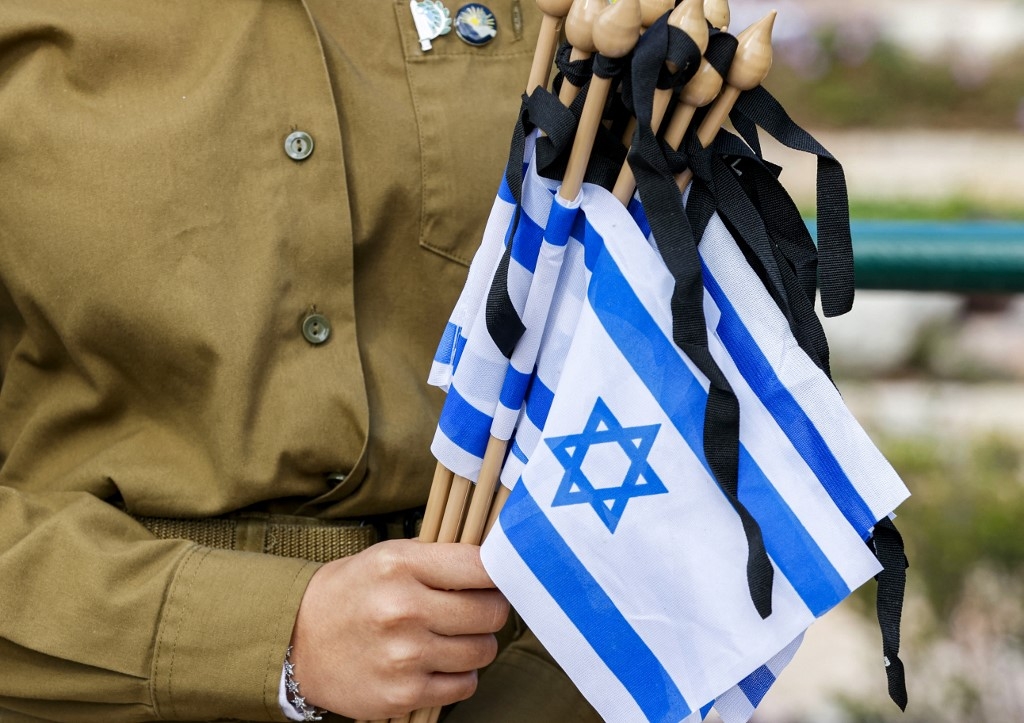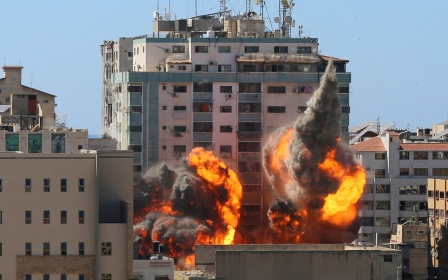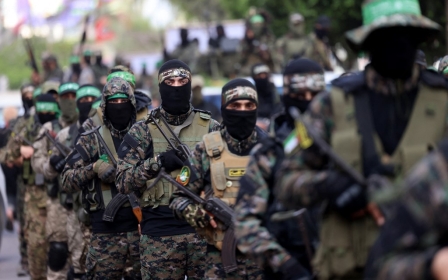Israeli military chief says officer who died in prison was set to reveal 'big secrets'

An Israeli intelligence officer who died under mysterious circumstances in a military prison was preparing to divulge "a big secret" before he was apprehended "at the last minute", Israel's army chief has said.
Chief of Staff Lt Gen Aviv Kochavi, speaking at Israel's Interdisciplinary Center, a private research college in Herzliya, said the deceased agent was arrested just before he was about to cause "serious damage related to a state secret".
"This officer was my soldier. He committed the most serious crimes. He committed them knowingly, intentionally, for reasons that I cannot describe," Kochavi said on Wednesday.
'The [Israeli army's] conduct seems like an attempt to hide their own failures'
- Relative of deceased intelligence officer
The officer, who has not been identified, was arrested last year and charged in September.
Not yet convicted of a crime, he was being held in prison while his lawyers were said to have been working out a plea deal with military prosecutors. But on 16 May, the former intelligence officer was found in serious condition in his cell, according to the military. He was pronounced dead a few hours later.
New MEE newsletter: Jerusalem Dispatch
Sign up to get the latest insights and analysis on Israel-Palestine, alongside Turkey Unpacked and other MEE newsletters
The Israeli army has imposed strict censorship on the death of the intelligence officer, saying it is necessary to protect both the country and the military's privacy, and "to safeguard [the officer's] privacy and the privacy of his family… while guarding a big secret".
Israel requires that all news agencies and journalists registered in the country - both foreign and domestic - sign an agreement to respect all state-ordered gag orders, which are largely used by the army in regards to military deaths, among other issues.
'Not driven by ideology'
Kochavi did say that whatever the officer had planned to reveal was out of unspecified "personal motives" and not due to any particular ideology or foreign government. Kochavi said the officer was planning to act alone, without any benefit.
Kochavi also said that he regretted the death of the officer, describing him as "an excellent officer" and calling for the death to be investigated.
Family members have criticised the army's secrecy and the way it has handled the case.
"We don't know anything. No one has explained to us what happened. All the [Israel army's] conduct seems like an attempt to hide their own failures. How could they try to erase a person like this?" one relative told Israeli newspaper Haaretz.
The family member said that they had spoken to the former intelligence officer hours before he died and that he did not sound like he was distressed in any way.
This article is available in French on Middle East Eye French edition.
Middle East Eye delivers independent and unrivalled coverage and analysis of the Middle East, North Africa and beyond. To learn more about republishing this content and the associated fees, please fill out this form. More about MEE can be found here.




